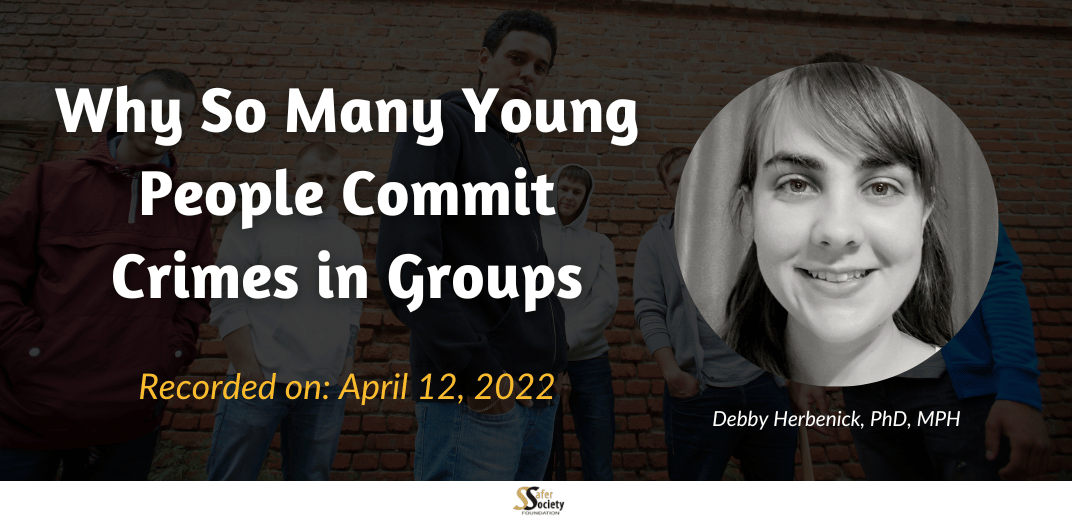
Why So Many Young People Commit Crimes in Groups
This webinar is for professionals and individuals who work with or are interested in the behavior of adolescents and young adults, such as law enforcement officers, social workers, psychologists, and educators.
How is it that adolescents and young adults come to commit crimes in groups? What are the forces that drive them to this? What happens to them as a result?
Street gangs have grown around the world, with countries including the UK, USA, Sweden, China, and the Netherlands reporting a marked increase in street gang membership. In the UK alone, the number of street gang-affiliated youths has seen a dramatic increase over a five-year period. As of 2019, there were 27,000 full street gang members in the UK, with 60,000 affiliates and a further 313,000 youths who knew a street gang member. Similar increases have been seen in the USA, with a 40.83% growth in the number of different street gangs between 2002 and 2012.
Once involved with gangs, it is extremely challenging to leave them. Further, members can find themselves coerced into further criminal behavior.
Dr. Jaimee Mallion has studied group-based offending, including street gang membership, and is finding answers to these questions. In this webinar, she explores what can help young people desist from committing criminal acts in groups.
Who's Presenting

Jaimee Mallion PhD
Dr Jaimee Mallion is a Lecturer in Psychology at the London South Bank University in the UK. Jaimee completed her BSc in Psychology at University of Kent. She continued her studies at the University of Kent with an Economic and Social Research Council funded MSc and PhD in Forensic Psychology. Alongside her degrees, Jaimee has undertaken multiple research internships and held Research Assistant posts examining evidence-based practice in both forensic and National Health Service settings.
Jaimee’s research interests focus on group-based offending, particularly street gang membership. She also has a particular interest in offender rehabilitation and intervention, with a focus on strength-based approaches, such as the Good Lives Model. Jaimee conducts both qualitative and quantitative research.
